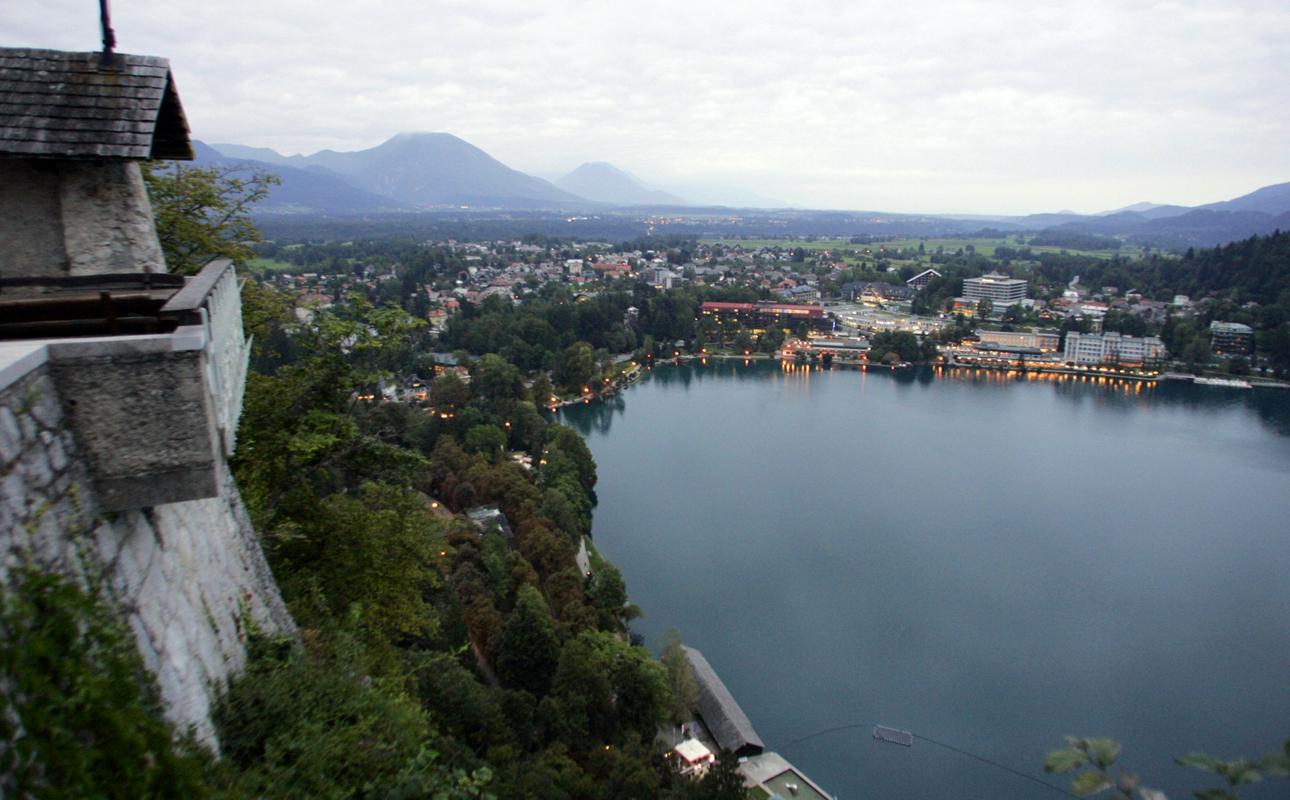
The Upper Sava Valley, the resort town of Bled, and the spectacular Bohinj Valley are some of the most beautiful and well-known parts of Slovenia; their images adorn postcards, book covers, and other souvenirs. All three, however, were almost lost to Slovenia after World War I. They could have easily become a part of Italy had it not been for a group of intrepid local volunteers.
The end of the Great War saw major European powers vie for pieces of Slovenian territory. Italy had occupied large chunks of western Slovenia as part of the Treaty of London, but its troops wanted more. They had even attempted to advance towards Ljubljana but were rebuffed. In early 1919, they turned their gaze towards northwestern Slovenia.
Italians were determined to take the Upper Sava Valley, the industrial town of Jesenice, Lake Bled, and Bohinj in order to retain a crucial rail link. The victorious allies had promised Italy that it could retain as much territory as its troops could occupy, and Italian military leaders wanted to take full advantage of the promise.
What they hadn't counted was Karel Šefman, a native of the Upper Sava Valley, who had served as a first lieutenant in the Austro-Hungarian army during the war. Setting up base in the village of Podkoren, he organized a unit of some 150 local men who had also just returned from the battlefield. Their mission: to stop the planned Italian incursion into Slovenian territory.
On a cold, moonlit night, the Italians began their advance; they set out a convoy of army trucks and a train from the Italian-held town of Tarvisio towards Jesenice. On the way, however, they ran into an ambush organized by Šefman and his volunteers. The Italians were scared off by machine gun fire and retreated towards Travisio. A unit of Serbian soldiers was then called in from Kranj to ensure that the Italians stayed on their side of the border. Italy's plan to take over a large part of northwestern Slovenia came to an end, and later in 1919, the allies decided to award the area to the new South Slav state. Šefman and his volunteers had won.
Today, a small plaque on the house in Kranjska Gora where Šefman was born reminds passersby of the extreme bravery displayed by Šefman and his unit, but their feat is now largely forgotten. Few Slovenians who flock to the resorts in the Slovenian Alps realize that the region's freedom was won by a small group of local men almost a century ago.

































































